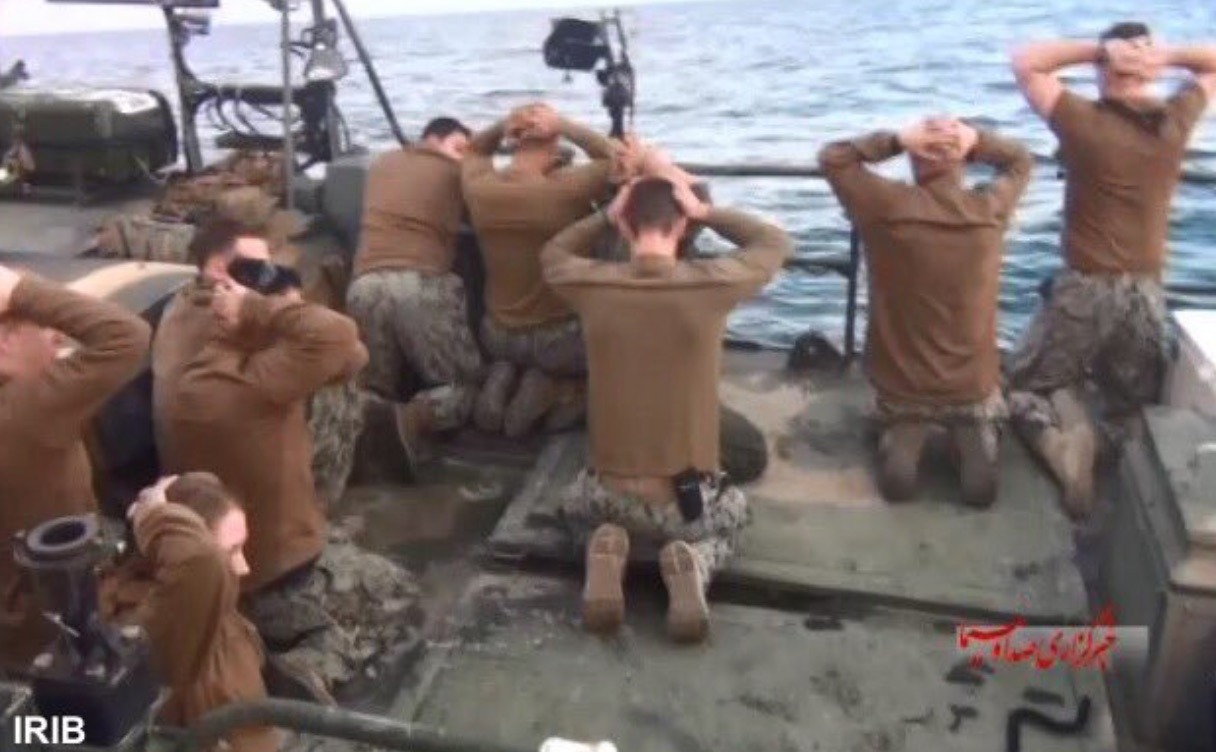UNPREPARED

Iran sailor report:
A devastating new report by military investigators released Thursday found that the 10 sailors captured by Iranians in January suffered from “failed leadership” at all levels on a mission that was plagued by mistakes from beginning to end.
“This incident was the result of failed leadership at multiple levels from the tactical to the operational,” investigators wrote in the detailed, partially redacted, report.
The report found the crews were poorly prepared, their boats not properly maintained, communication almost entirely lacking, and their conduct after being captured by the Iranians wasn’t up to military standards.
In a stunning finding, the report said the sailors veered off course almost immediately after heading out to sea and had no idea where they were when a mechanical failure struck one of the boats.
“The boat crews could visually see Farsi Island, but were not concerned as they were unaware that it was Iranian or that they were in Iranian waters,” the report said.
“The engine casualty in Iran’s territorial seas is the culmination of failures in multiple areas, including maintenance, personnel qualification, sustainment training and crew rest,” they wrote.
After the sailors had breached both Iranian and Saudi Arabian territorial waters and been forced to stop, the sailors did not have a plan for communicating their location or progress with officers.
“There was no coherent plan to communicate with the craft of plot their progress in relation to the approved navigation plan,” investigators found.
The report also found that the crew was never familiarized with the region, and didn’t know about weather, geography or potentially hostile threats.
In addition, before going out to sea, there’s supposed to be a written patrol briefing. But personnel couldn’t recall seeing that, the report said, and the investigation couldn’t find it and questioned if it had existed.
The U.S. craft were also undermanned, and couldn’t be operated at the same time the weapons were being manned.
“The investigation found a lack of leadership, a disregard for risk management processes and proper mission planning standards,” Navy Vice Adm. John Aquilino, deputy chief of operations, said at the news conference.
The report said that mission leaders showed “blatant disregard for the genuine concern of sailors,” not listening to their concerns or empowering them.
The responsibility for all this is in leadership, and ultimately, the man who appoints the admiral, who appoints the admirals who set the criteria for the American military forces.
You know who that is
No comments:
Post a Comment